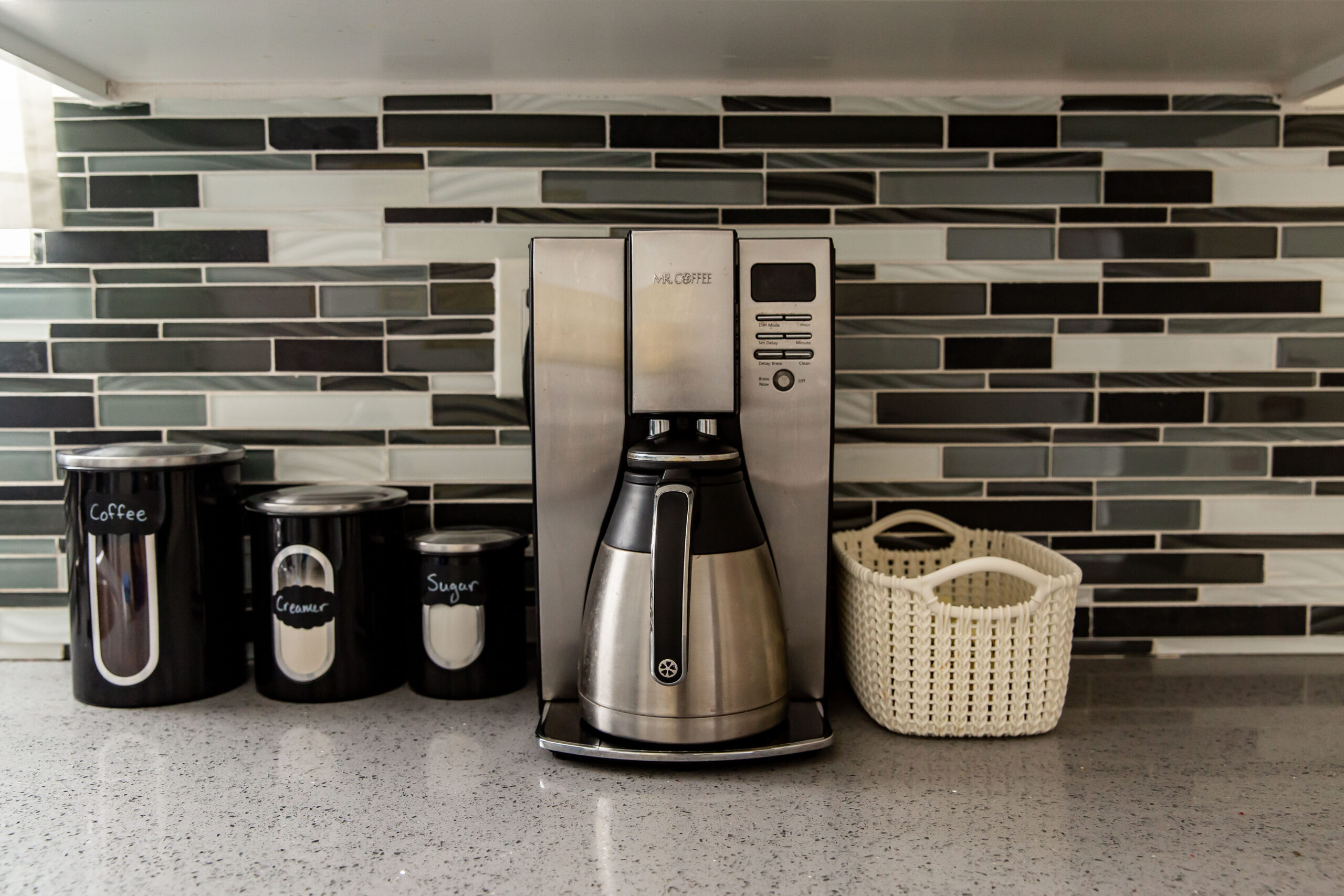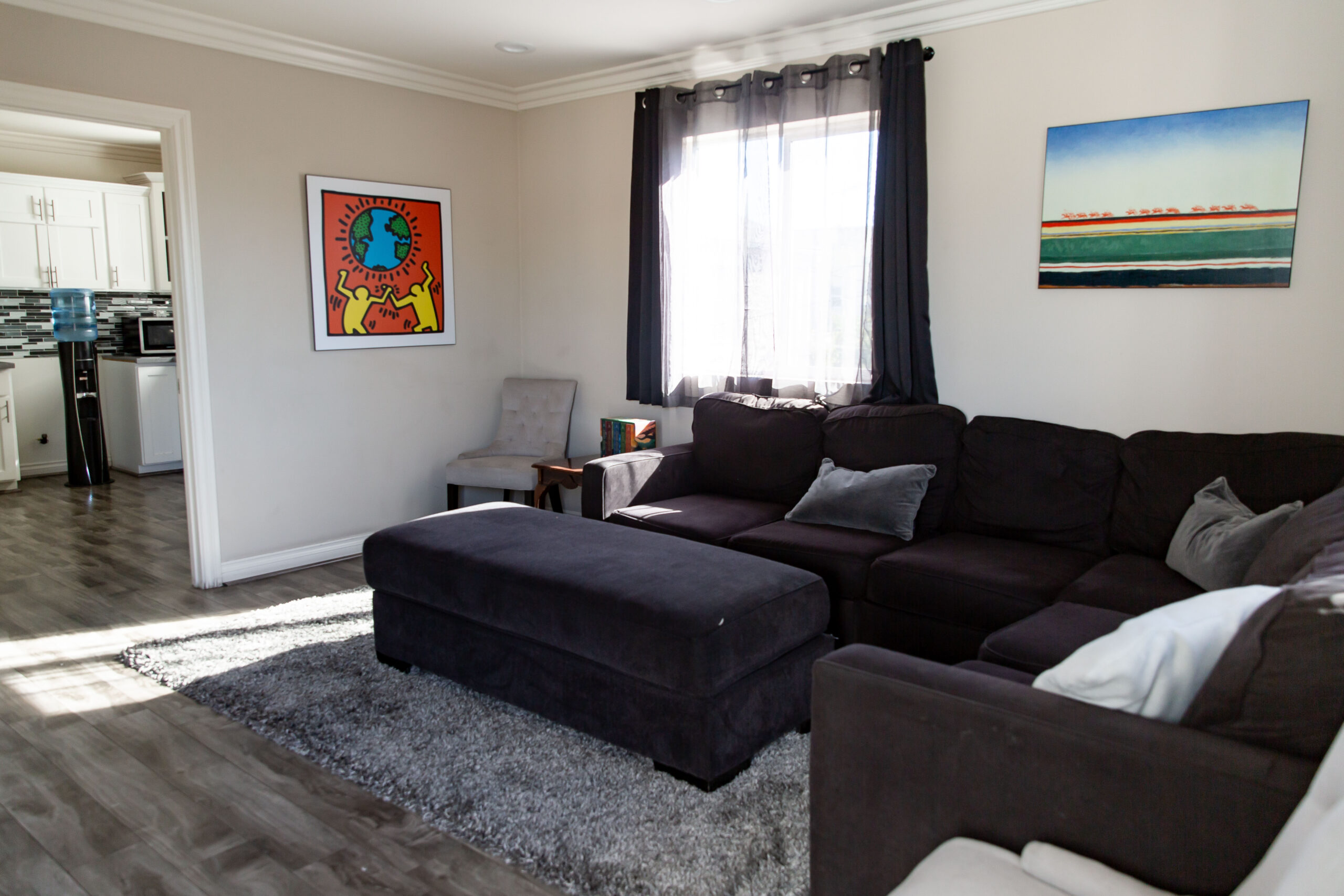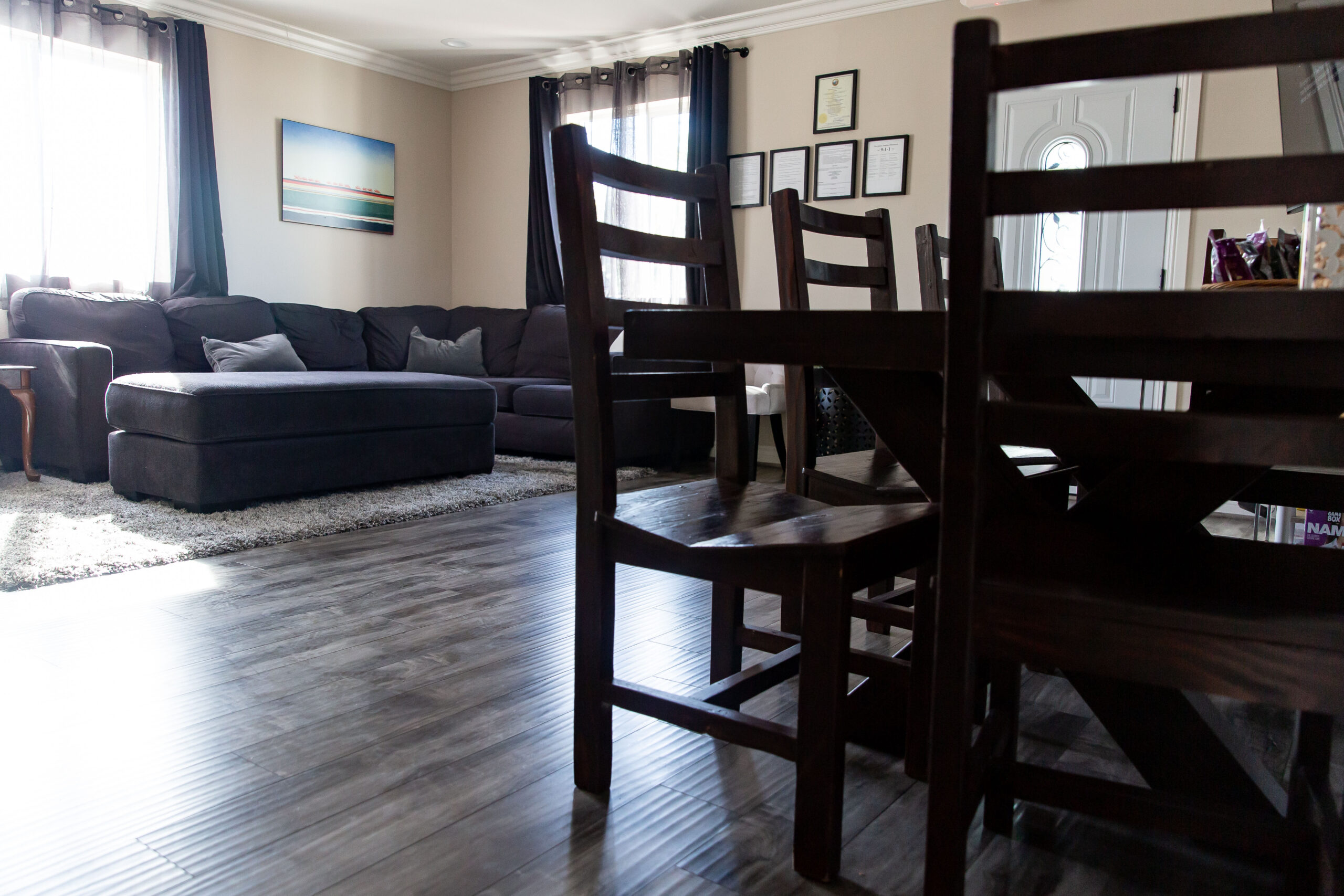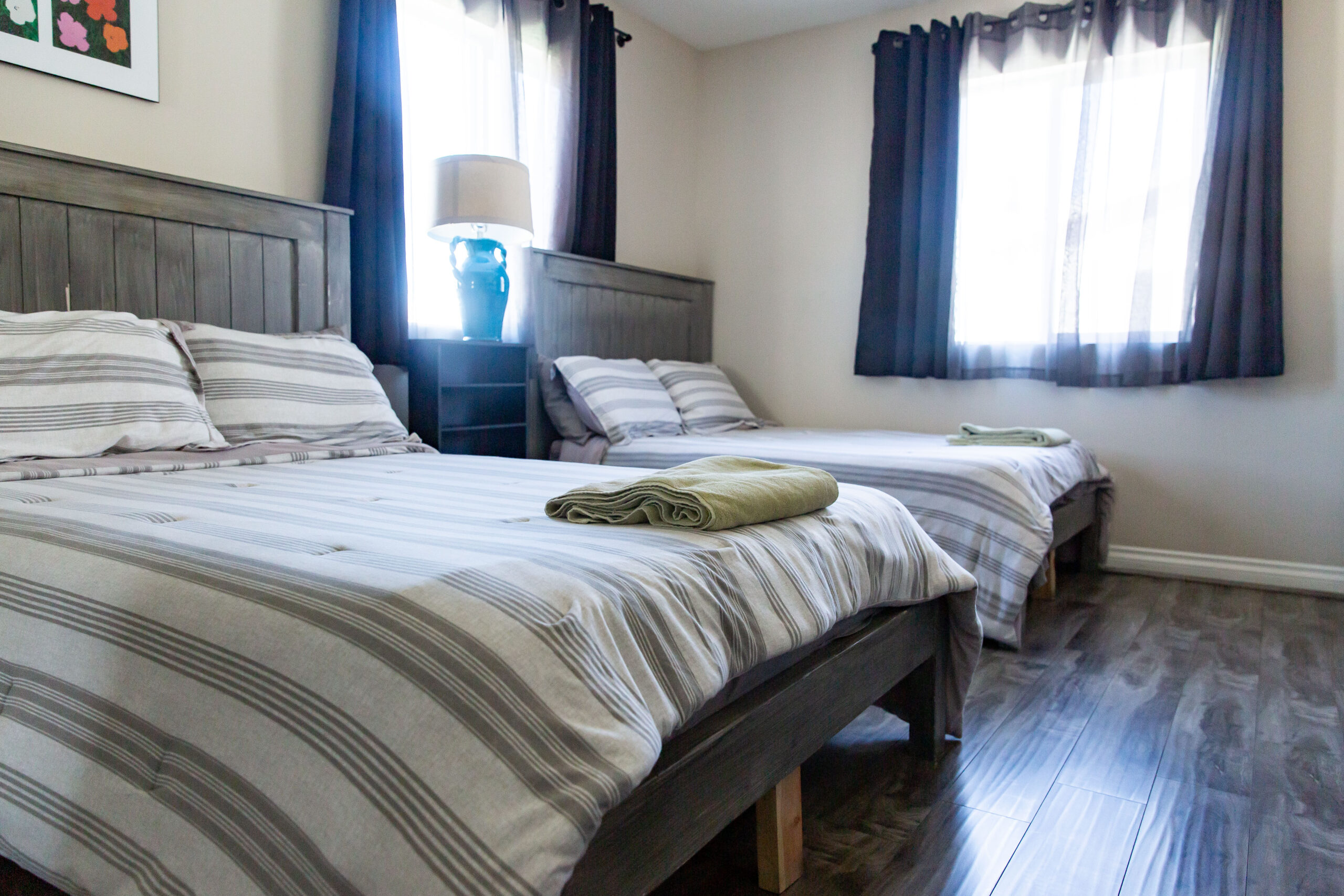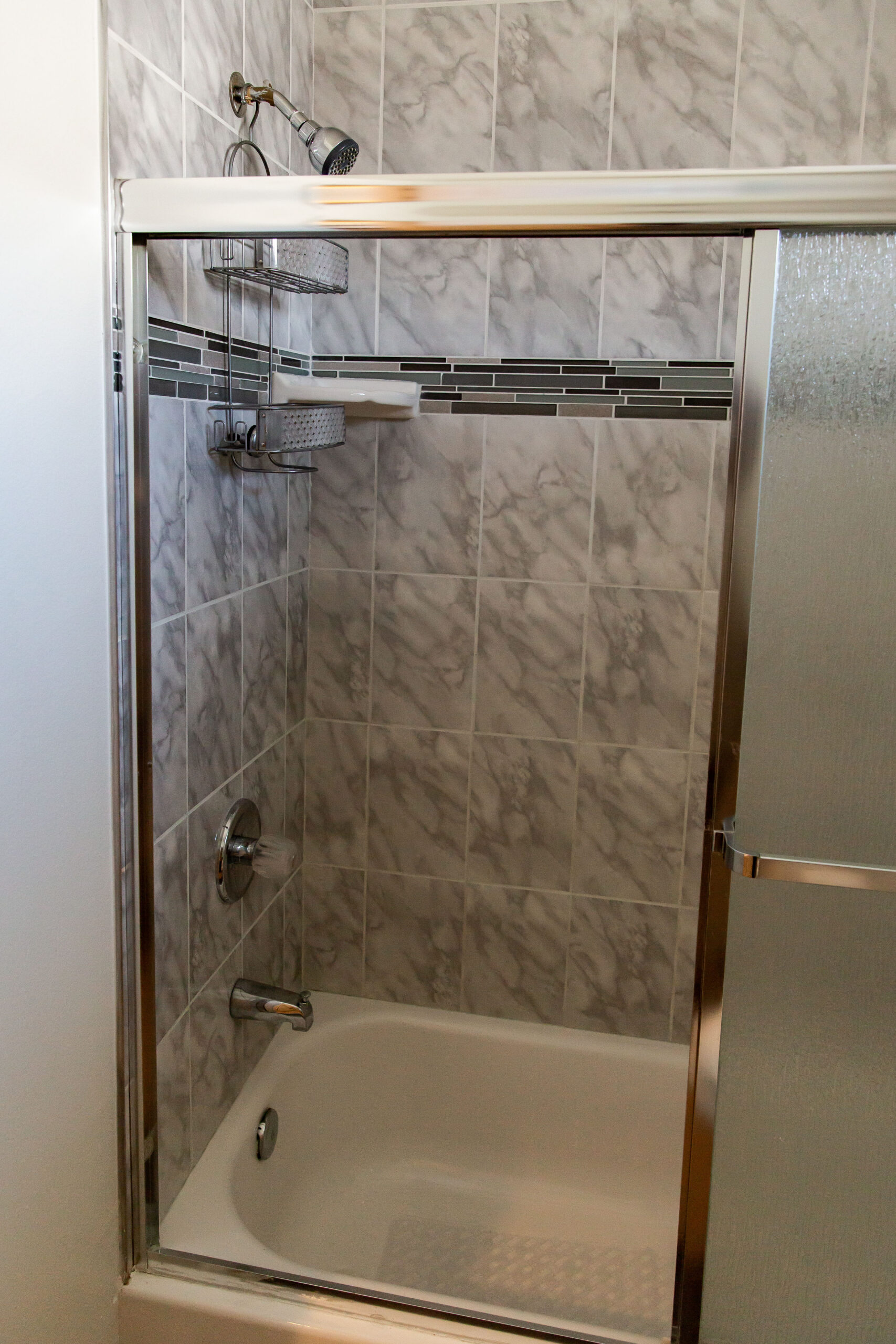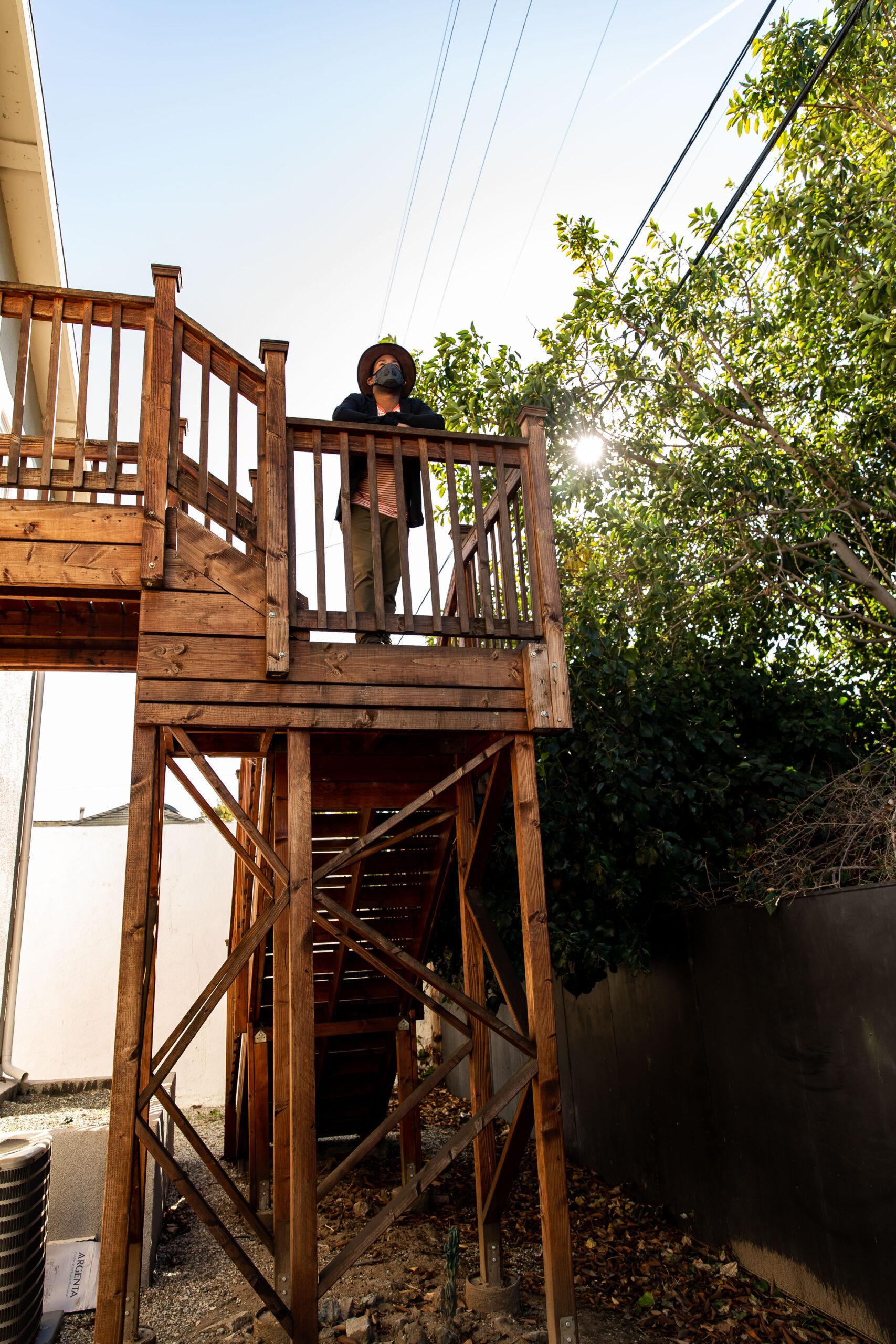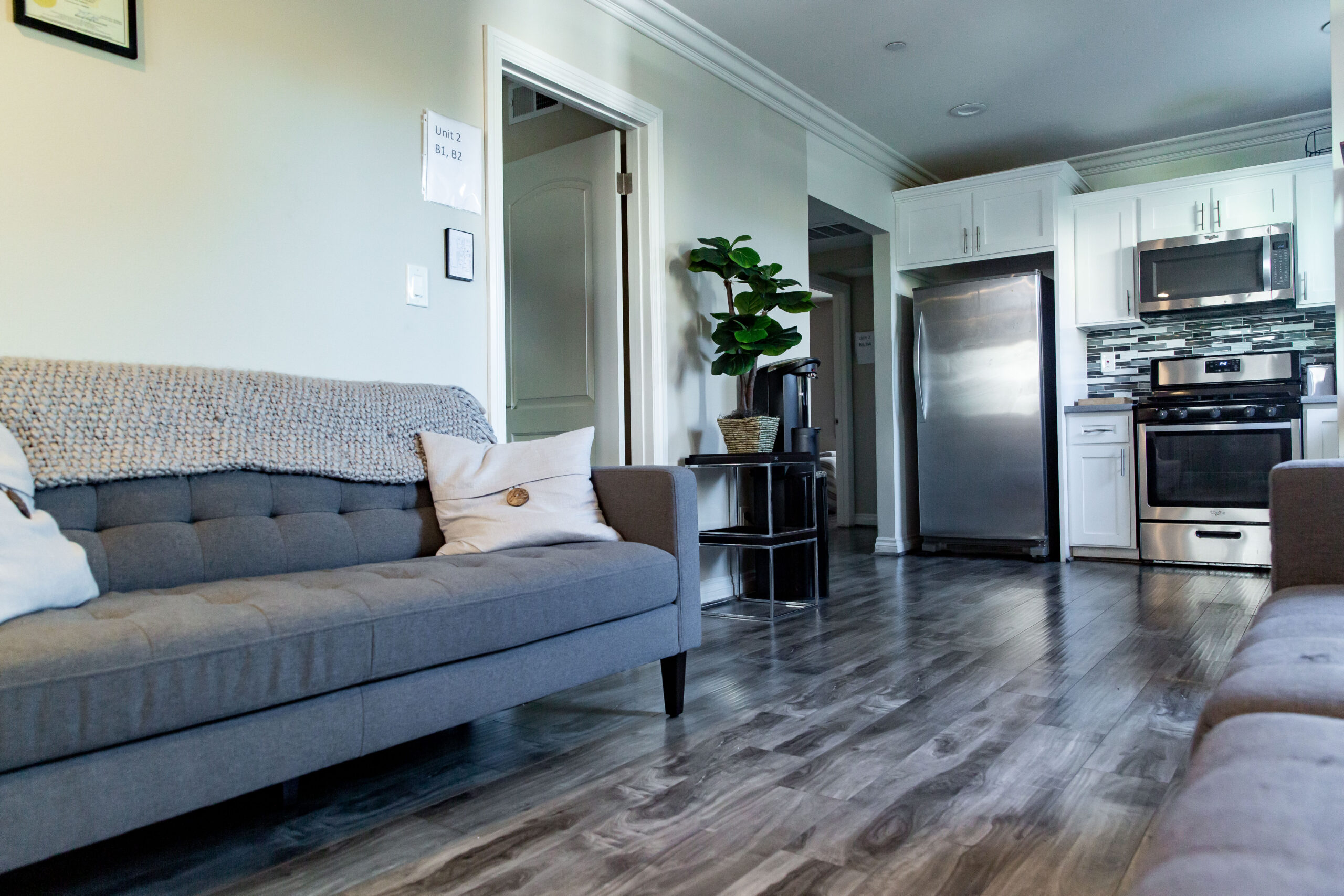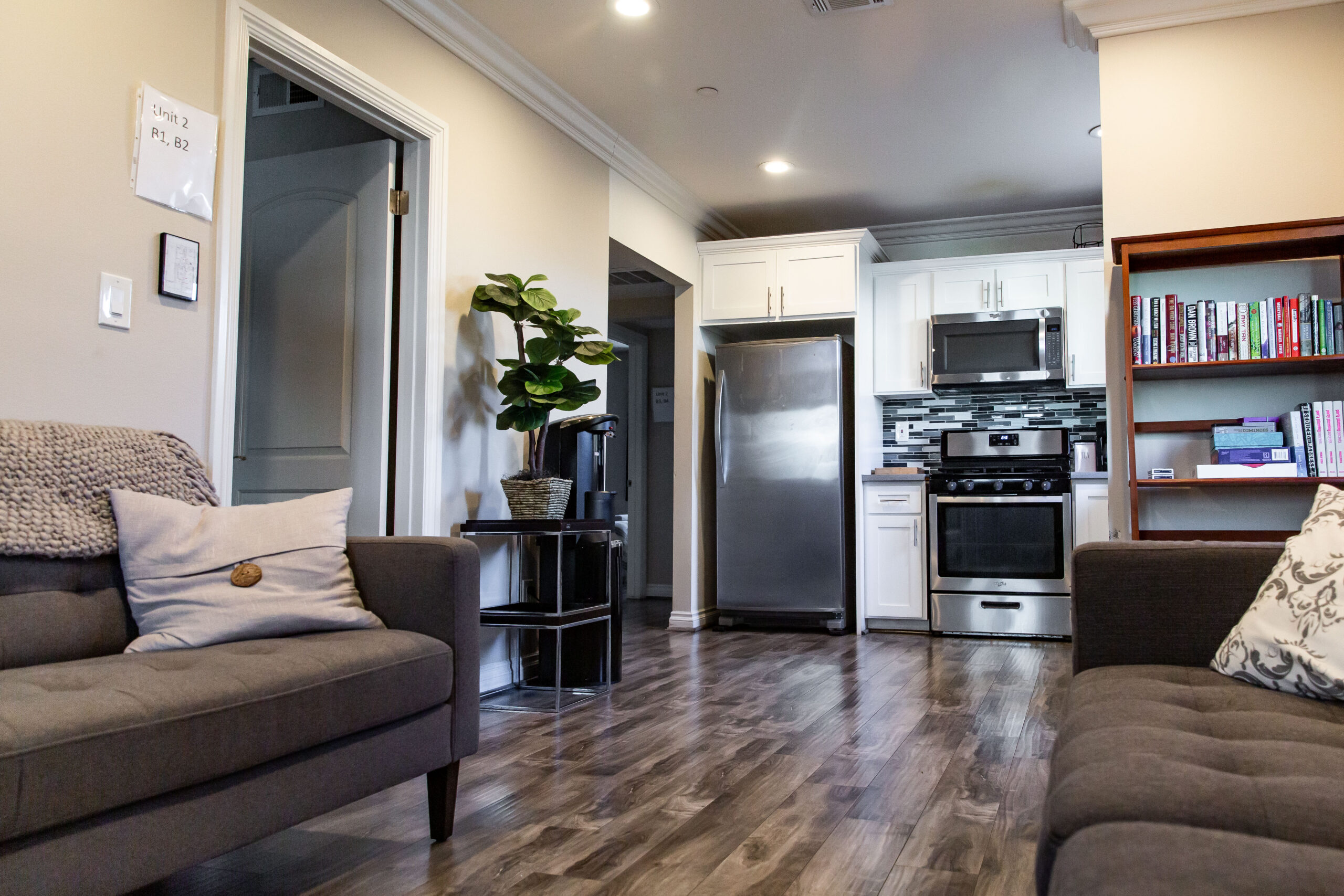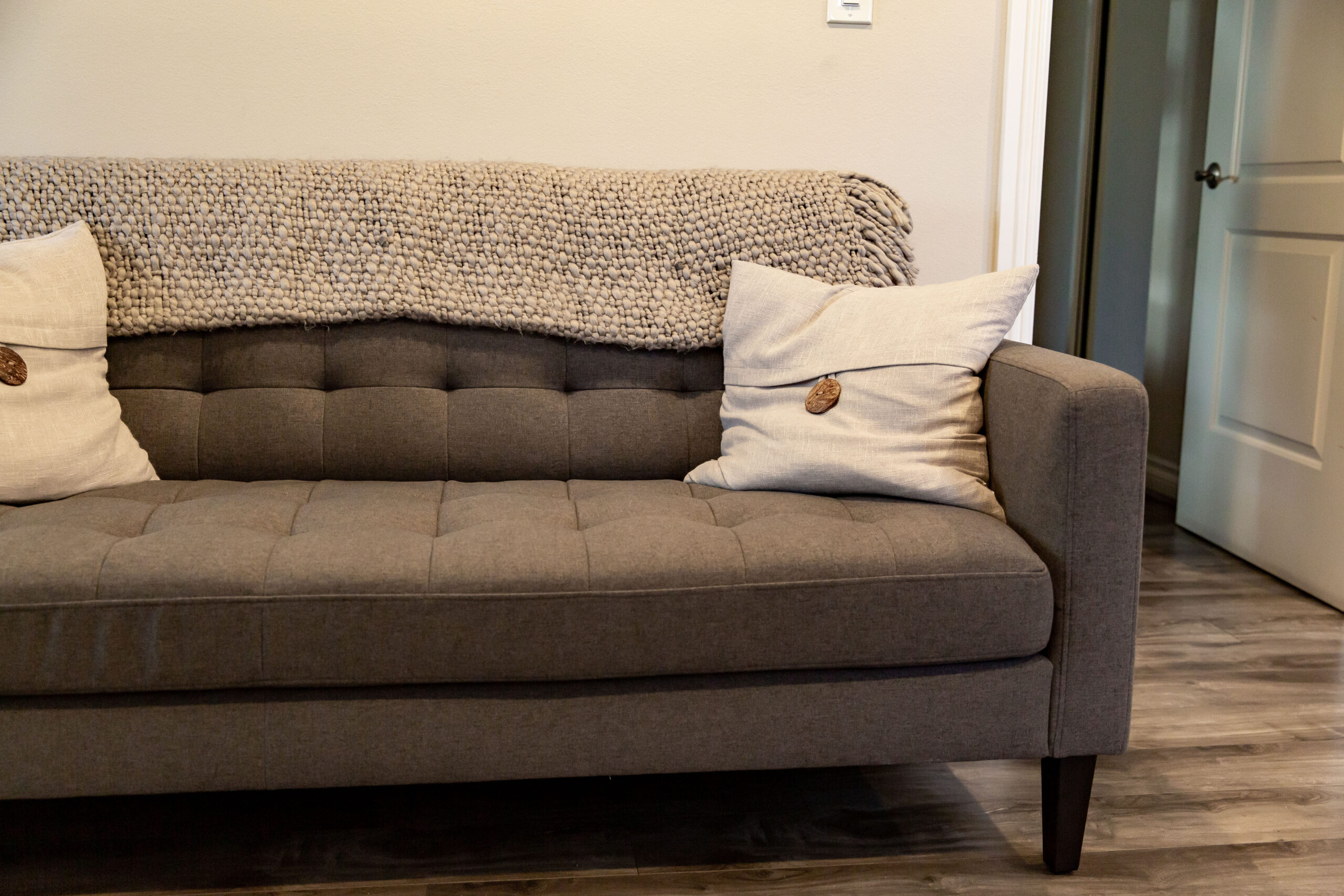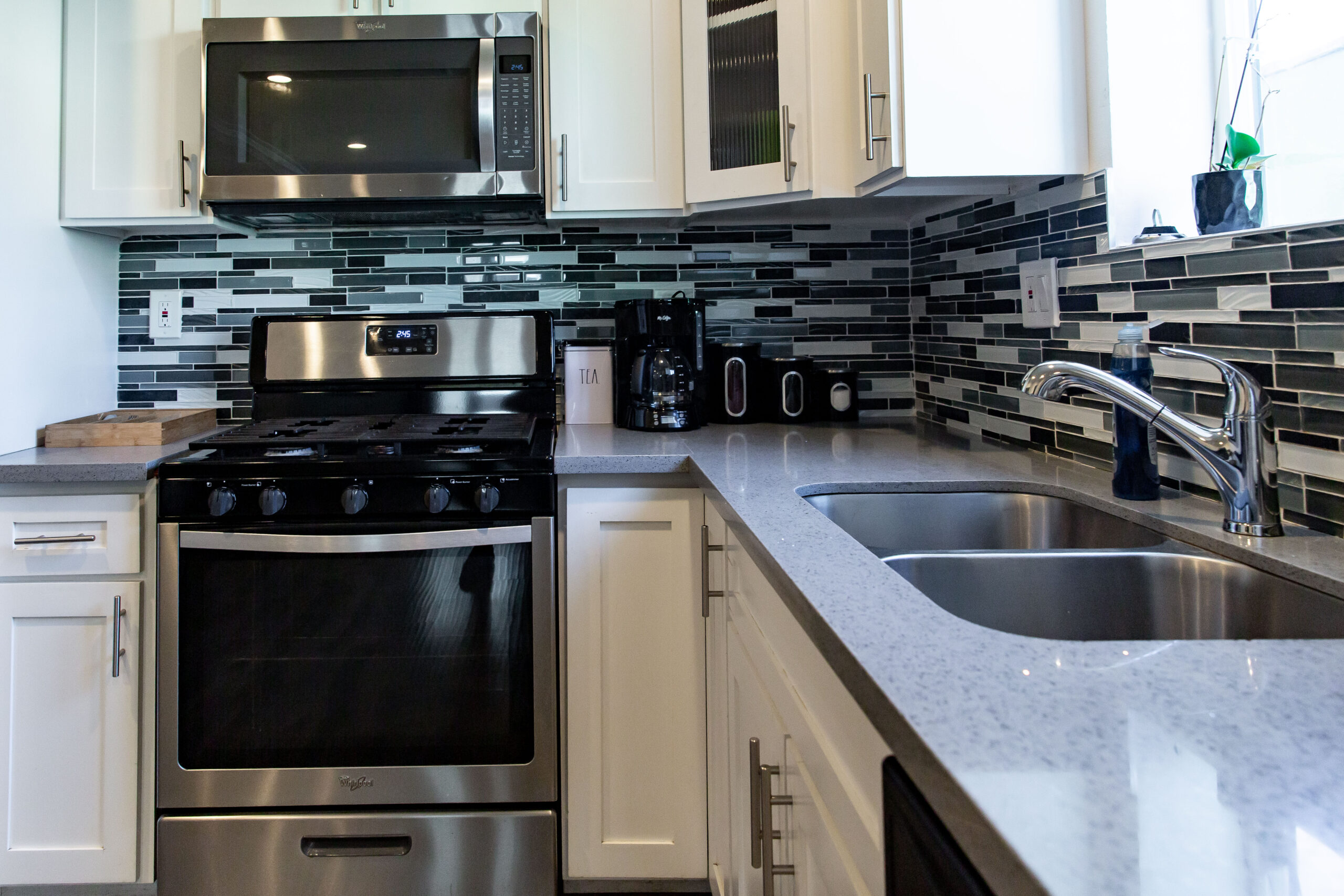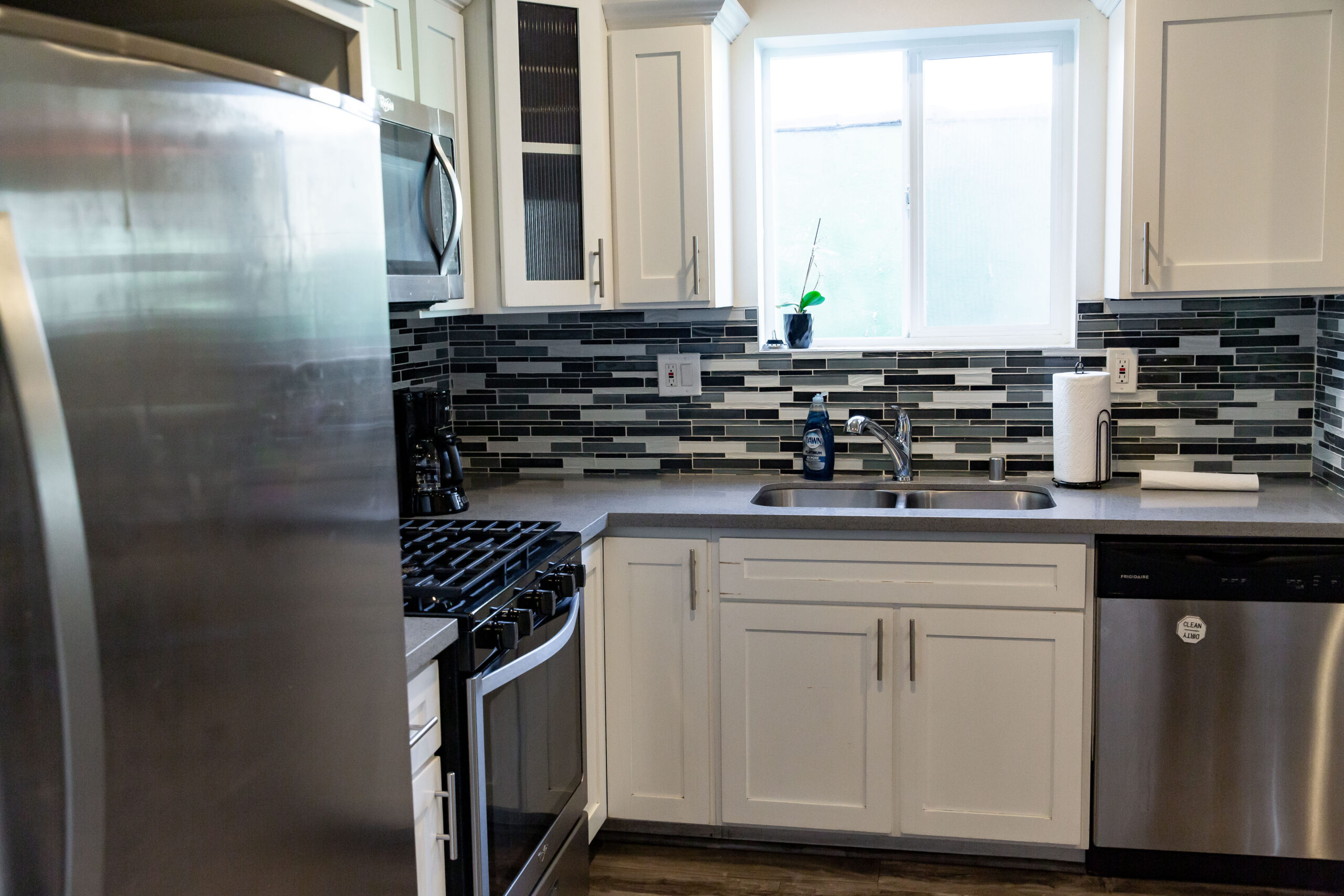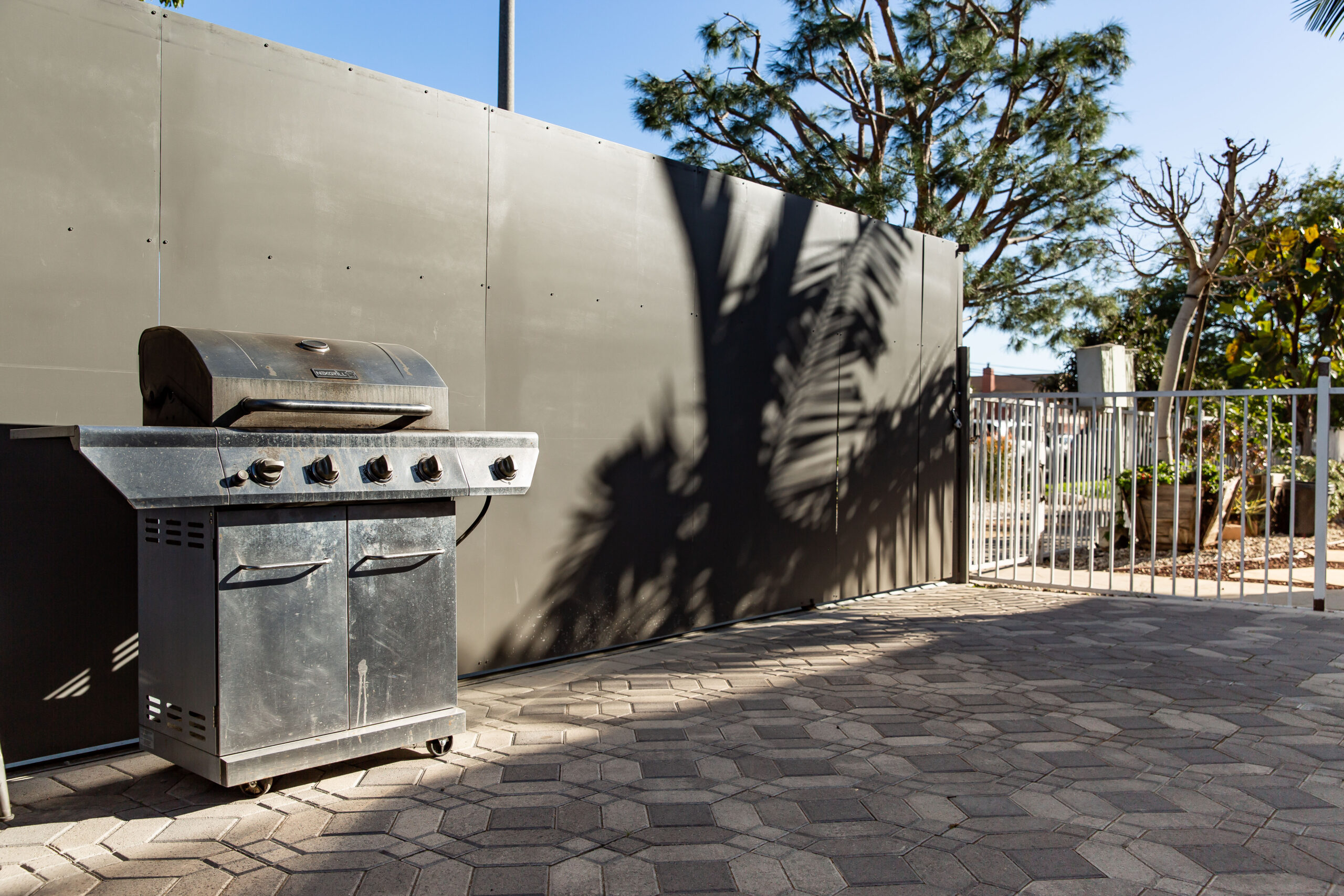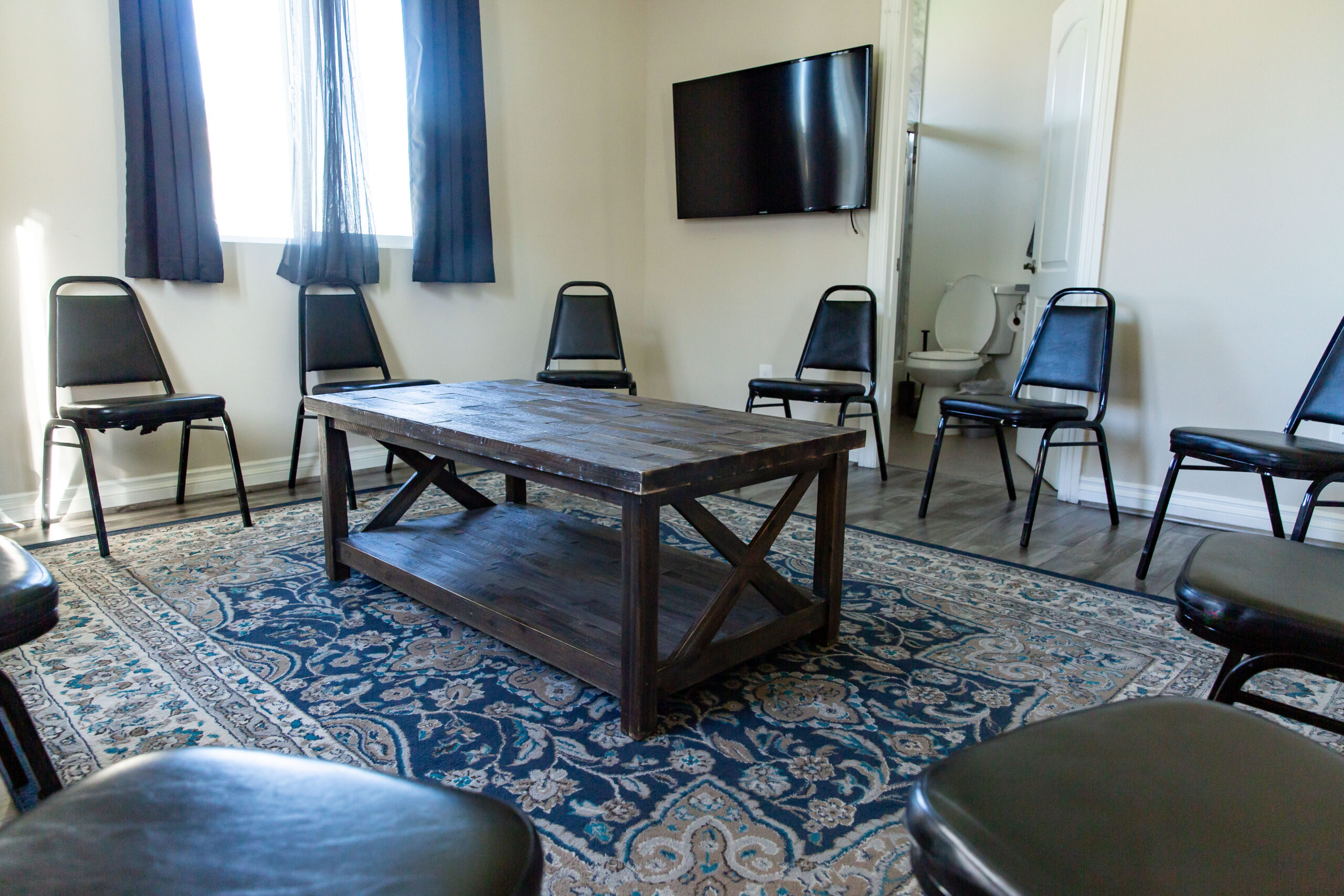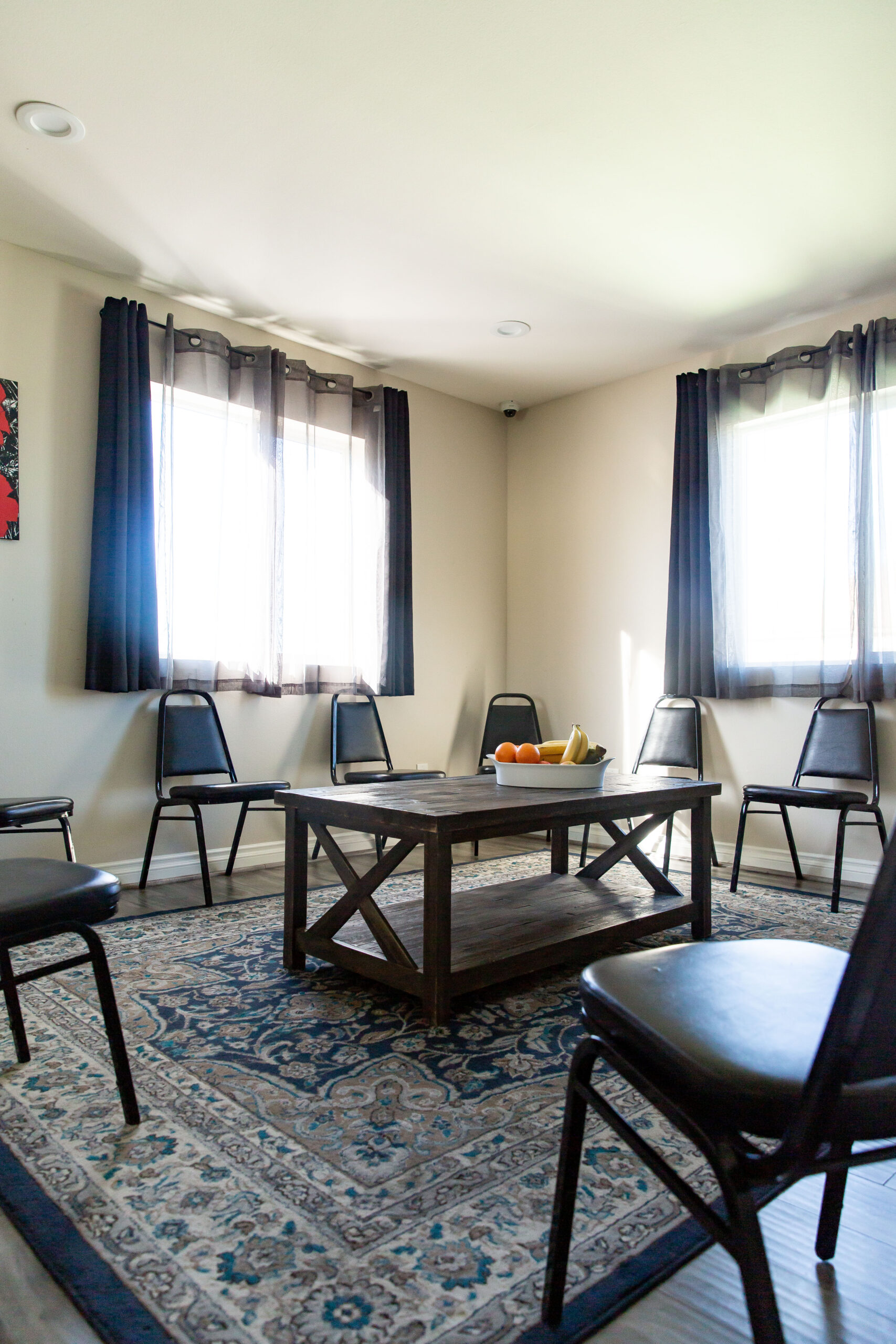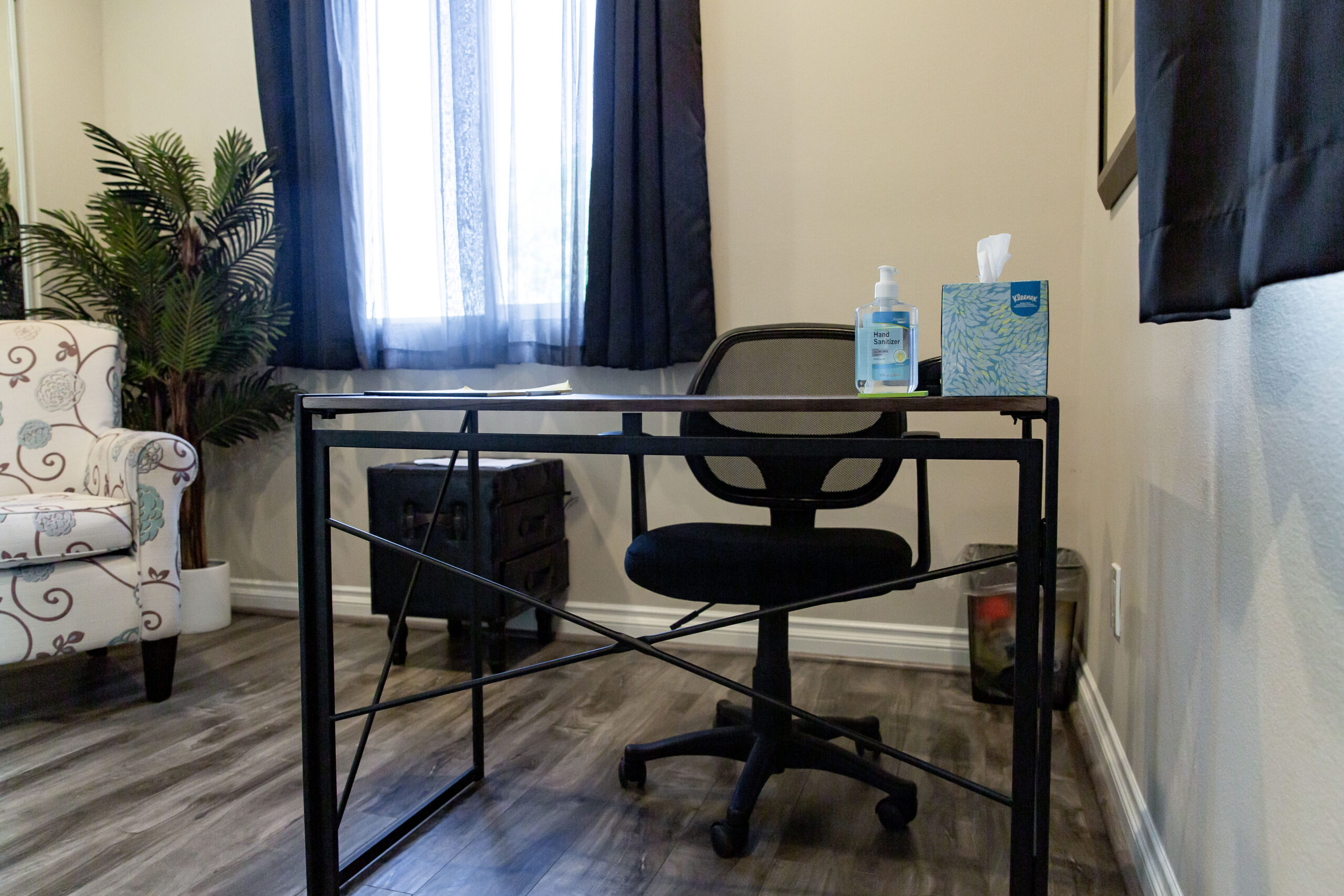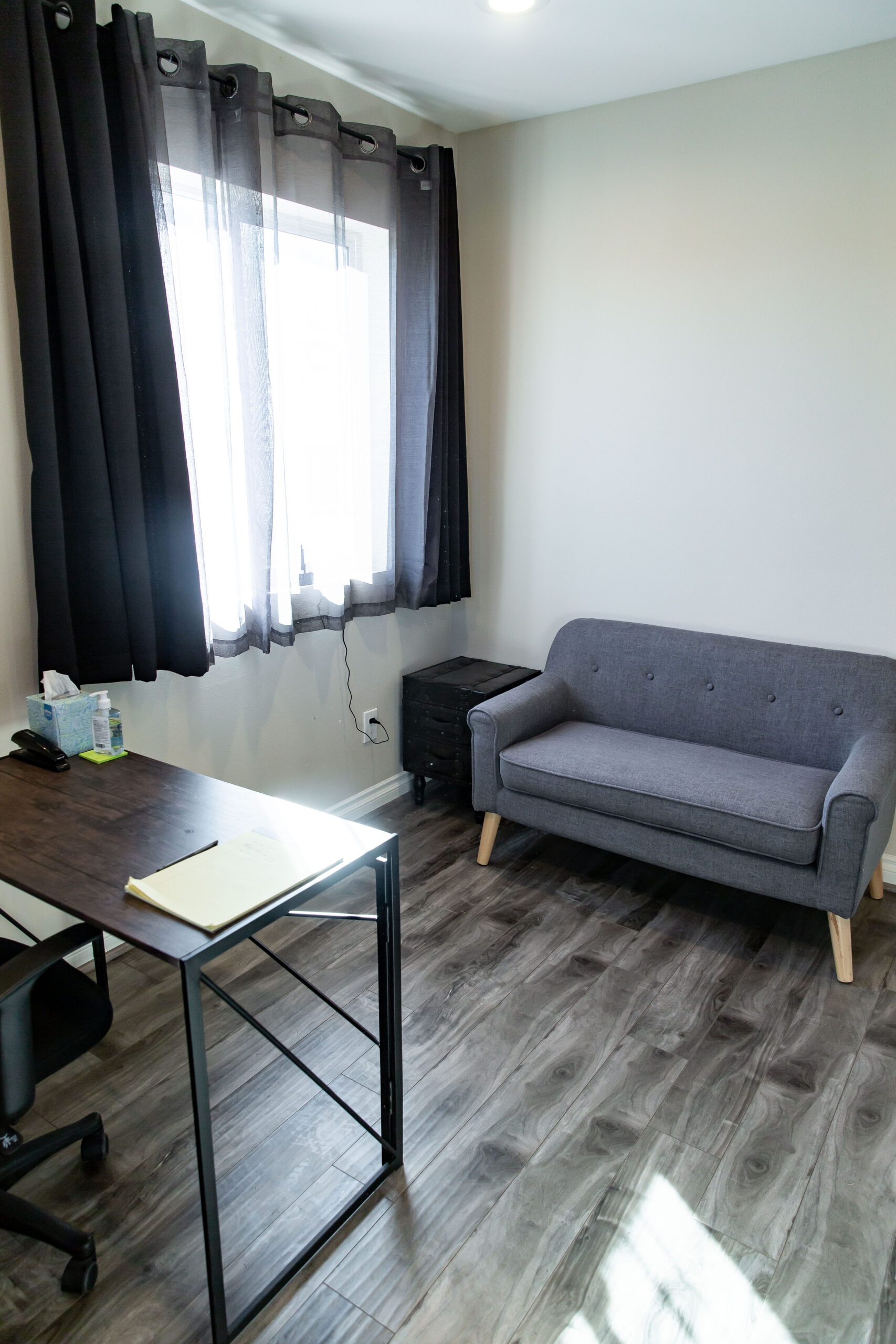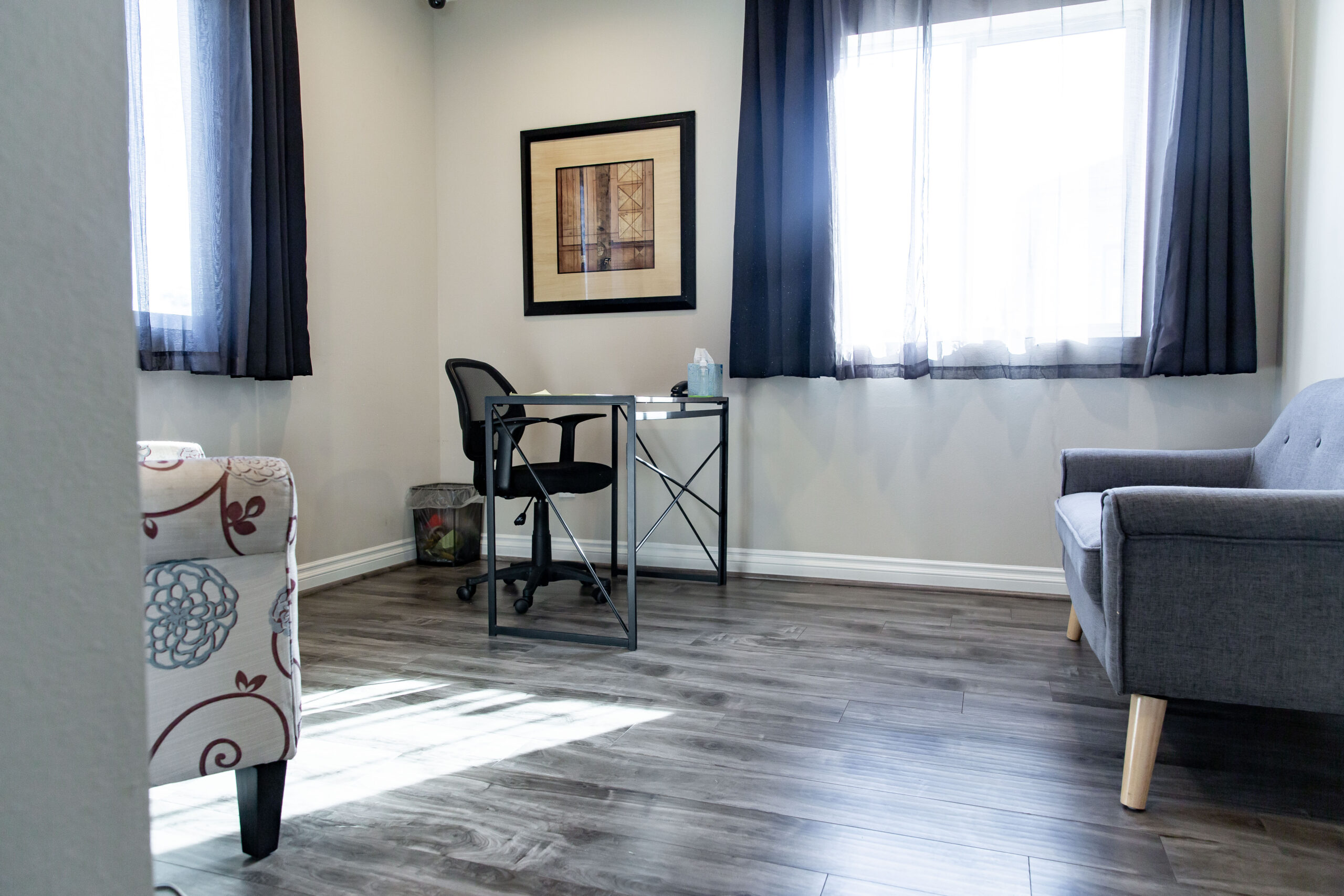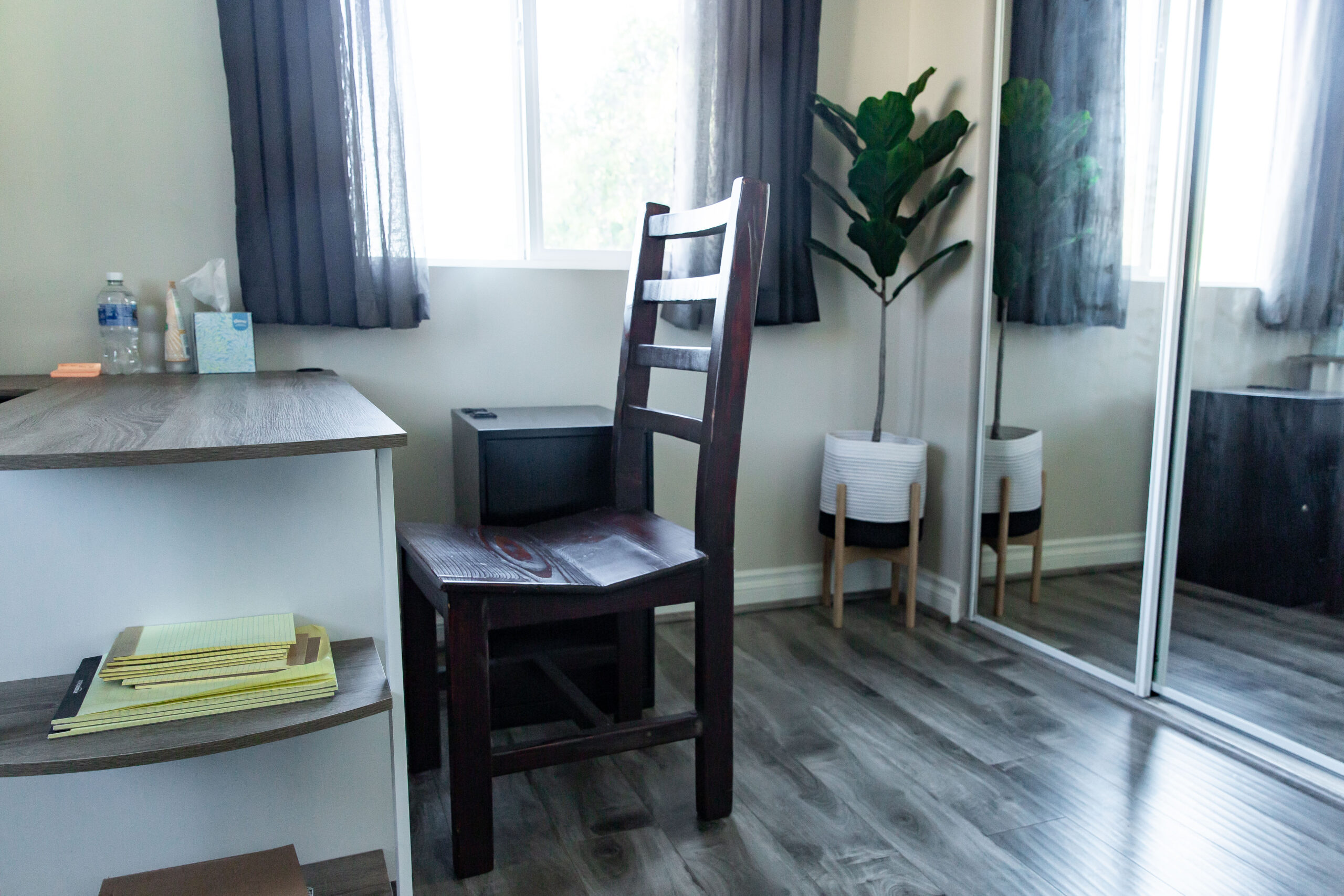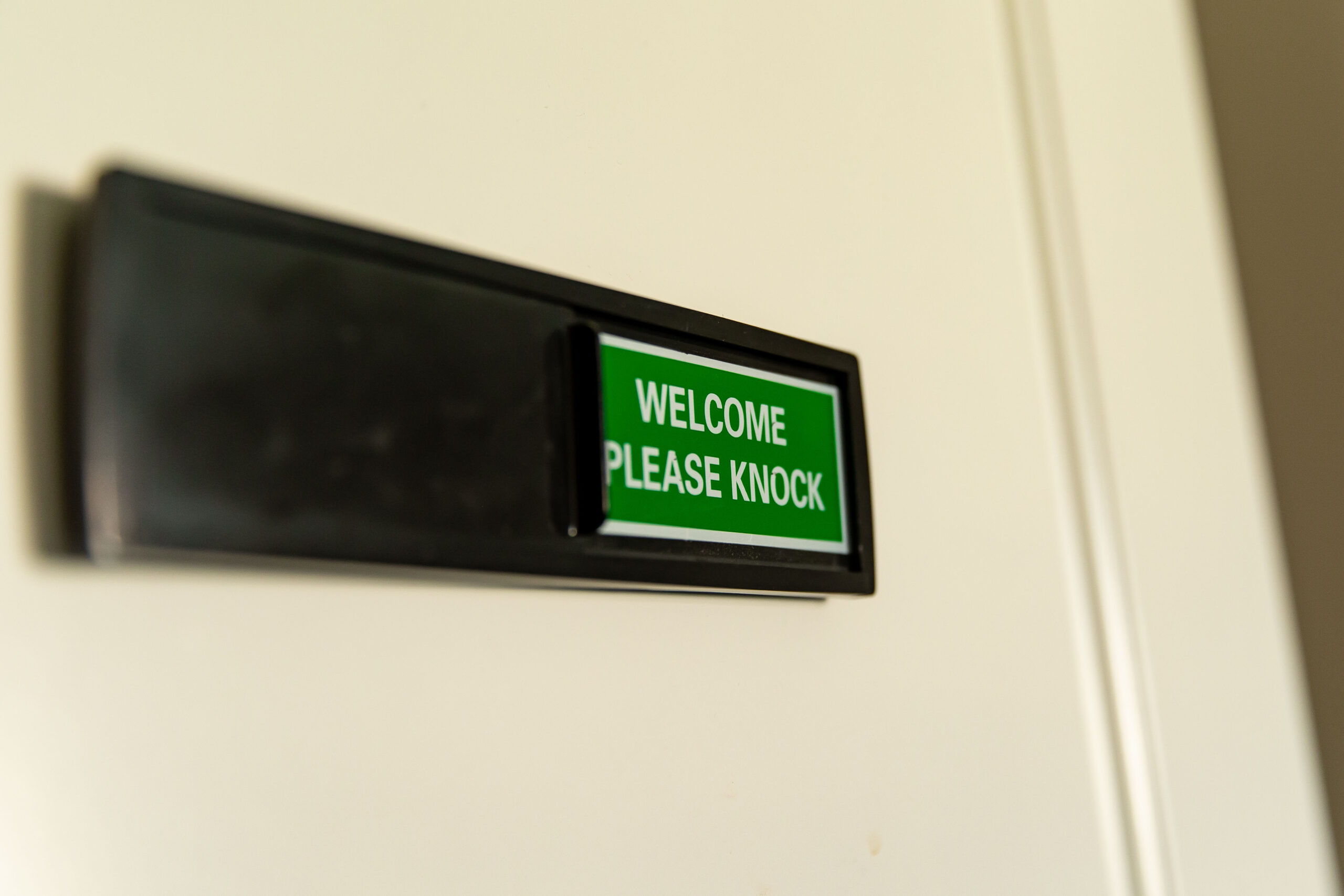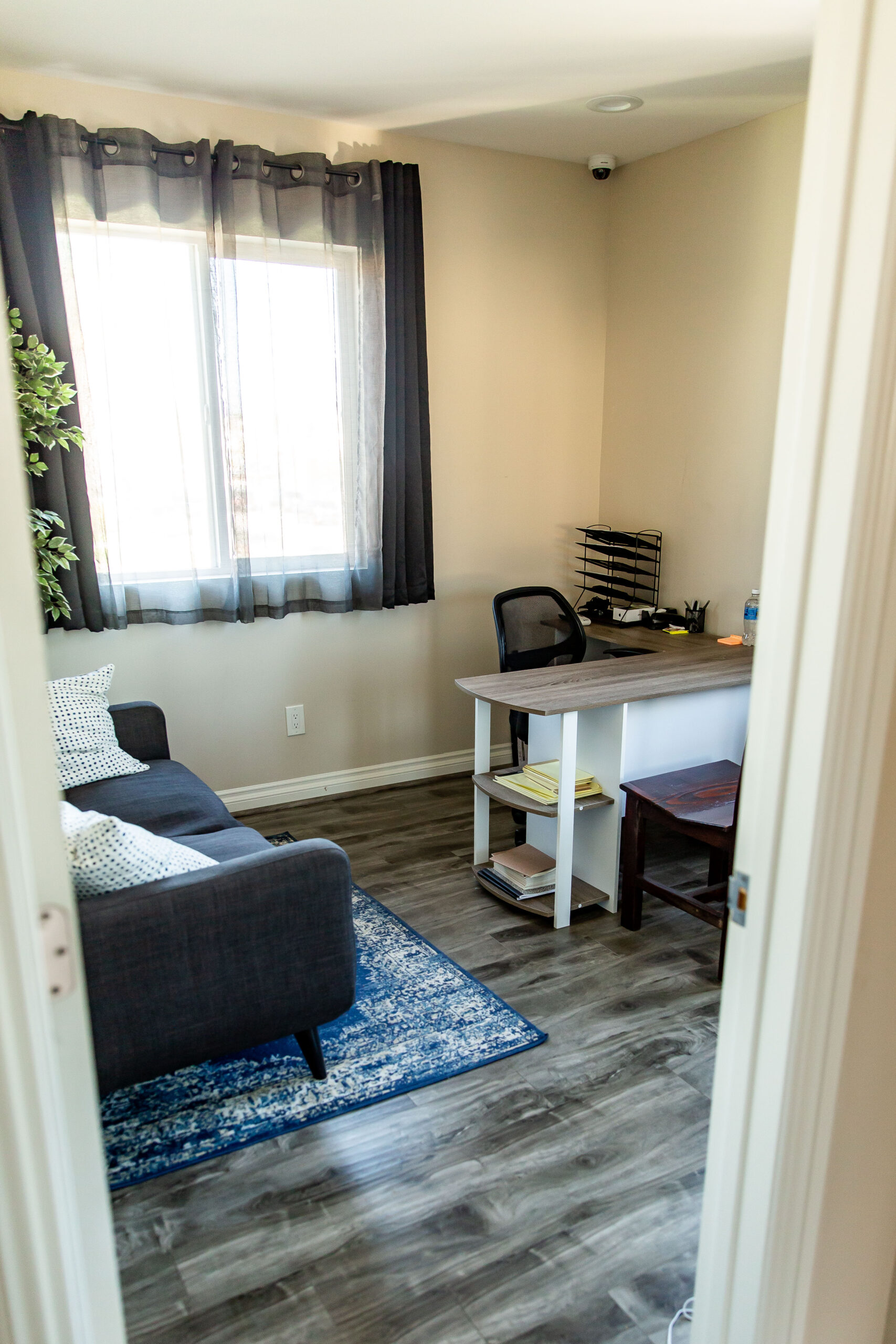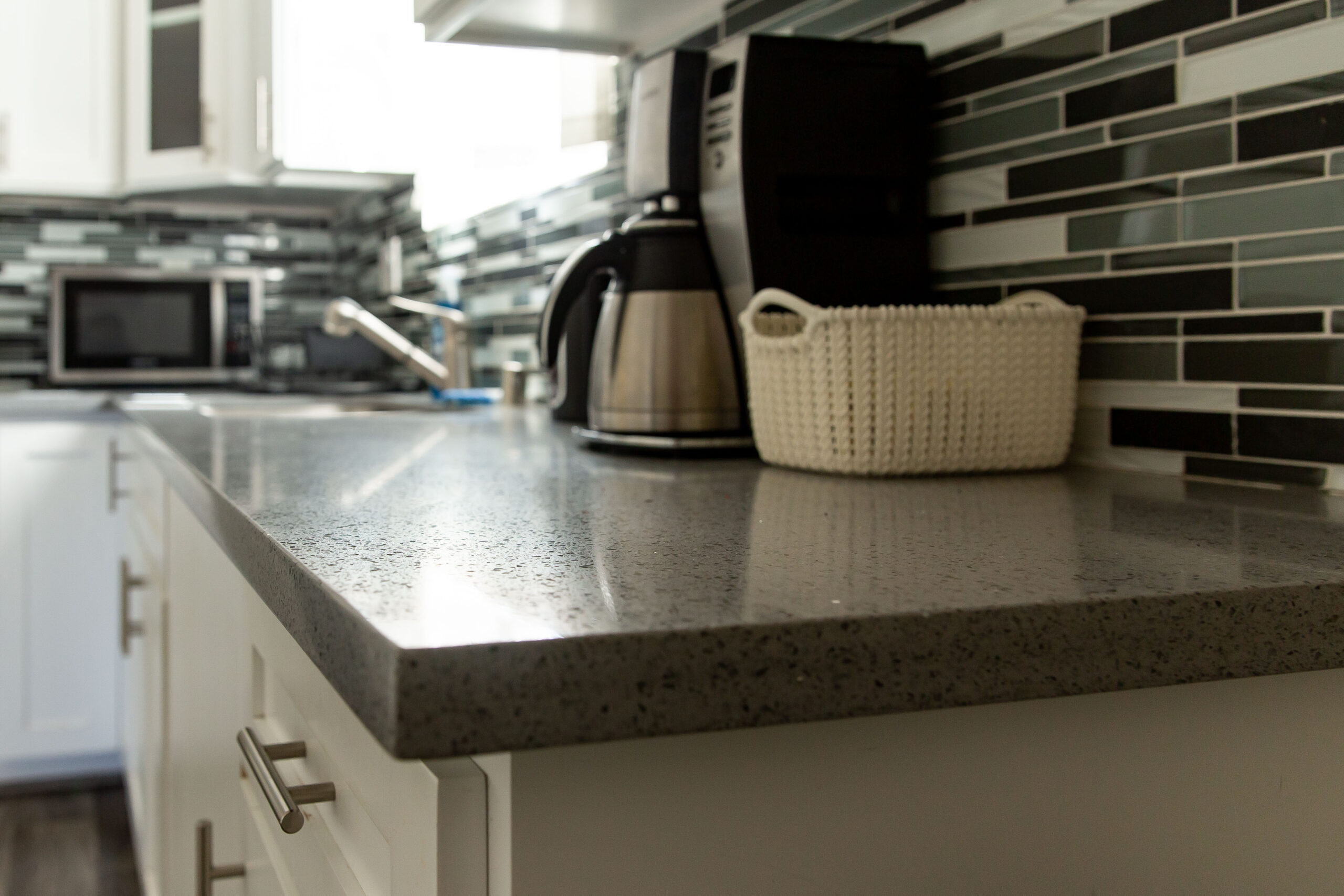The Detox Center of Los Angeles is a top-rated drug and alcohol recovery center for substance abuse treatment in Los Angeles, California. We offer personalized, comprehensive inpatient care provided by credentialed and experienced medical professionals, therapists, and other treatment providers.
Take a Tour
Why Choose TDCLA
The Detox Center of LA is a safe place where you can receive effective treatment for drug and alcohol addiction in Los Angeles, ensuring that you will get the correct types of treatment you need for your unique case.
- The Detox Center Los Angeles
- Drug Rehab That Allows You To Still Go To Work & School (Can I go to Work and School During Rehab?)
- Benefits of Outpatient Drug Rehab
- What To Expect During Outpatient Rehab
- How Long Does Outpatient Rehab Last With The Detox Center of LA?
- IOP (Intensive Outpatient Program)
- PHP (Partial Hospitalization Program)
- Which Outpatient Treatment, IOP or PHP Is Right For Me?
- Why Choose The Detox Center of LA for Intensive Outpatient Treatment or Partial Hospitalizatio Programs
The Detox Center Los Angeles
For individuals seeking treatment for alcohol addiction or substance abuse disorder in Hollywood Hills, Woodland Hills, or Los Angeles California, the Detox Center of LA is a top-rated drug and alcohol residential rehab that offers in-house detox programs and rehabilitation programs.
The goal of the DCLA is to create manageability in the lives of their patients. They consider the process of acquiring life skills and tools to be fundamental to recovery but understand that taking time to dedicate, slow down, and begin working on a program that fits the needs of patients without taking on too much at once is the most effective approach to this process.
Drug Rehab That Allows You To Still Go To Work & School (Can I go to Work and School During Rehab?)
Inpatient treatment is not always the best option to recover from substance abuse for every individual. Additionally, not everyone in recovery meets the criteria to enroll in residential treatment.
For these individuals, there are rehab options that allow participants to continue going to work, school, or upholding other responsibilities while receiving treatment. These programs fall under the outpatient drug rehab umbrella and include intensive outpatient programs and partial hospitalization programs.
There are differences between these outpatient programs, but the qualifying indicator that makes them different from inpatient programs is the time commitment and length of stay. Inpatient or residential treatment requires that the patient stay full-time on-site to receive around-the-clock care for periods of time ranging from 30-90 days. During this time, Patients are not allowed to check out or leave treatment at their leisure. Commitment to the program and participation is required in residential treatment programs.
Outpatient programs still require a level of commitment and participation, but with the allowance for commitment to outside responsibilities as well.
Benefits of Outpatient Drug Rehab
The programs available in outpatient drug rehab can be extremely beneficial to those who have personal responsibilities to maintain. In most cases of severe alcohol addiction or substance abuse, many medical professionals will recommend inpatient treatment first. However, when considering external factors and circumstances, inpatient treatment could worsen the condition of some individuals.
For those who have jobs that can not offer them time off, school to attend that would result in loss of credit or money, or other responsibilities such as the care of a family member — leaving these obligations to attend treatment would create additional distress that can end up triggering relapse down the line. Outpatient is also a more affordable treatment option and provides at least some level of care and treatment for substance abuse compared to none at all.
Outpatient drug rehab offers similar, if not identical, services to the ones available in inpatient programs. Instead of being structured around full-time participation, they are just organized around the availability of the patient to participate. Another benefit of outpatient treatment is that they offer patients accountability and care while at the same time preparing them for what their lives will be like after treatment. Participation in inpatient treatment does not replicate “real” life for patients, and they often require additional therapies to prepare them for returning to a life that has outside influence, triggers, and possible exposure to drugs or alcohol that was completely removed during their time at a residential facility.
What To Expect During Outpatient Rehab
The way an individual attends their outpatient program depends on the program they choose and how much time they have available to participate in treatment. There are two main types of outpatient programs: Intensive Outpatient Program (IOP) and Partial Hospitalization Program (PHP).
Some programs involve short multi-day stays, over the weekend for example, where they receive therapy and sometimes medical treatment, but then return home and to work or school during the remainder of the week. Others allow patients to attend treatment for a number of hours each day or every other day so they can attend behavioral therapy or other mental health treatments while still going to work or school and then back home at the end of treatment for that day as well. You can even receive medically assisted treatment detox where you undergo the process under the supervision of medical professionals but will go home at the end of each day.
The admissions process for outpatient programs is the same as for residential programs. The trained doctors and mental health professionals at The Detox Center of LA will formulate an individualized treatment plan that is ideal for you. They’ll consider the severity of your addiction, the existence of co-occurring disorders, and extenuating circumstances when deciding if an outpatient program is right for you.
How Long Does Outpatient Rehab Last With The Detox Center of LA?
Length of treatment is dependent on factors unique to the individual and can be shortened or extended based on the rate of progress throughout recovery. Generally, programs are divided into lengths of 30, 60, or 90 days.
Individuals often wonder if recovery takes longer with outpatient programs, and the answer can be both yes and no. While continuous care and frequent therapy sessions can allow some individuals to progress with their mental health or develop coping skills for triggers, outpatient programs allow the “transition to life after treatment” portion of the recovery to be ongoing.
During inpatient treatment, many individuals require additional time dedicated to this transition after spending weeks or months in residential treatment that does not accurately reflect the environment they will be in as they continue in their recovery journey.
IOP (Intensive Outpatient Program)
Intensive Outpatient Programs are defined by services offered at minimum 9 hours per week in three, 3-hour sessions, but some programs provide more sessions per week and/or longer sessions per day. These sessions can also become less intensive over time as progress improves. IOP is the less intensive outpatient program option, and relies on the individual’s ability to apply skills and maintain their own structure when they are not at work, school, or actively at treatment.
PHP (Partial Hospitalization Program)
Partial Hospitalization Programs are the more intensive outpatient program, with services offered 5 times per week for sessions ranging between 4 and 8 hours long. Patients are medically monitored and participate in a variety of evidence-based therapies during this time, including activities that facilitate the effectiveness of treatment that pertain to their mental and physical health like equine therapy, meditation, exercise, and healthy eating.
This is also the program where those who would benefit from detox will be able to undergo medically supervised treatment and still go home at the end of each day.
Which Outpatient Treatment, IOP or PHP Is Right For Me?
The Detox Center of LA offers Intensive Outpatient Programs that are typically suitable for individuals with moderate addiction who may need treatment for certain co-occurring disorders, yet do not need treatment in a round-the-clock, medically supervised setting. Those in IOP should not still be experiencing cravings or withdrawal symptoms and should be focusing on the transition to a life without the use of drugs or alcohol.
A partial hospitalization program is an ideal choice for those who have completed residential treatment but still have a higher chance of relapsing, who are still undergoing withdrawal symptoms and may need further detoxification services, or for those who can benefit from the much-needed structure that the time commitment of PHP provides, which can play a significant role in reducing the likelihood of relapse.
Why Choose The Detox Center of LA for Intensive Outpatient Treatment or Partial Hospitalizatio Programs
The Detox Center of LA is a top-rated residential rehab that provides multiple program options to make substance abuse treatment available and accessible to all those who need it. Their focus on customized care and dual diagnosis therapy show their commitment to increasing the success rates of their patients in long-term recovery based on evidence supporting the utilization of both addiction treatment and mental health treatment in rehab programs.
The outpatient programs they offer are similar to the ones they offer at residential treatment and are delivered in a systematic way to help you get the highest quality of recovery care, no matter what stage of treatment you are in. Programs and therapies that are typically included in the treatment plan are:
- Medication-assisted therapy (MAT)
- Cognitive Behavioral Therapy (CBT)
- Dialectical Behavioral Therapy (DBT)
- Family therapy and couples counseling
- Holistic healing methods
- Occupational skills training
- Educational training
- 12-step programs
- Relapse prevention planning
- Referral to continuing care groups such as AA, NA, or Al-Anon
Patients of the Detox Center of LA receive treatment in a highly structured environment with knowledgeable, experienced staff that can relate to each resident. Individuals can expect personalized care and programming throughout each day of the week.
For more information, compassionate staff at DCLA can be reached anytime 24/7 by phone, email, or the contact form on the Detox Center of LA website. Call today to speak with an admissions counselor or to start the treatment process.

